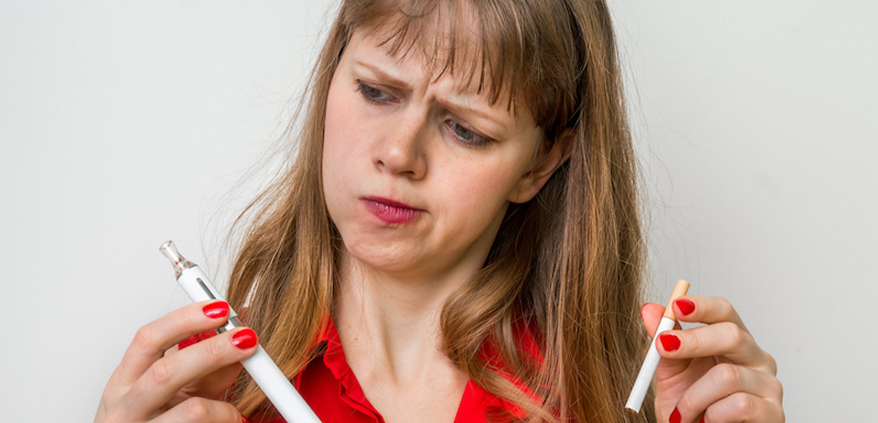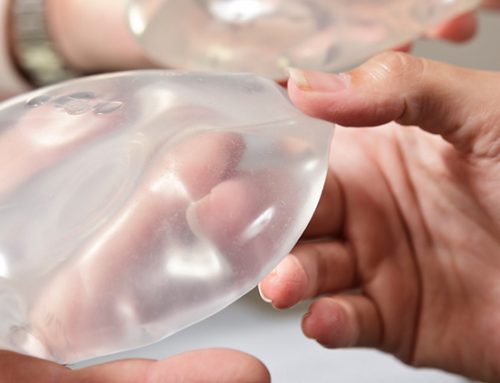In nearly every blog post we write, we tell you that one of the best things you can do to prepare for plastic surgery is to quit smoking. Smoking is known to slow healing and increase the risk of infection and blood clots, all of which can get in the way of achieving the look you want. Smoking is clearly linked to heart and lung disease and cancer so it’s a good idea to quit anyway — you probably already knew that last part. What you might not know is that you should also quit vaping before and while you are healing from plastic surgery.
Vaping, or smoking e-cigarettes, was introduced in 2004, with some experts claiming it to be a healthier alternative to smoking regular tobacco cigarettes. According to this study published last month (Oct 2018) in the Annals of Internal Medicine, more than ten million U.S. adults had picked up the habit by the year 2016. And that growth seems to be continuing.
But is vaping a healthy alternative? The answer is that no one knows for sure yet, but the evidence is beginning to suggest it is not.
The problem with regular tobacco cigarettes, say many experts, is that they contain so many harmful chemicals like carbon monoxide, hydrogen cyanide, and nitric oxide, in addition to nicotine. E-cigarettes contain nicotine but supposedly none of that other stuff, leading some to suggest that they can be used as a form of nicotine replacement therapy (NRT).
The problem is that e-cigarettes do have some additives in them. They don’t just deliver nicotine and vapor, as once thought. A study that came out of Johns Hopkins earlier this year (2018) showed high levels of lead and other toxic metals including chromium, manganese, and nickel in the inhaled vapor. Further, this 2018 study suggested that vaping can damage DNA and increase the risk of developing cancer and heart disease.
Nicotine, the chief ingredient in e-cigarettes, tobacco products, and NRT is also not a healthy compound. It is addictive and has been linked to gastrointestinal, cardiovascular, and respiratory ailments, as well as lowered immunity and cell damage. It also can cause poor wound healing and other complications following surgery.
Surgery of any kind challenges the systems of your body and plastic surgery in particular requires good wound healing. To get the best results possible it is important to be as healthy as you can be. Dr. Slack recommends that you quit smoking (and that includes vaping) at least four weeks before surgery and during your recovery.
If you are considering any kind of plastic surgery in the coming months, the time to quit is now. And you’re in luck because this month (November) also happens to be the time of year that the American Cancer Society offers all kinds of resources during The Great American Smokeout.
If you want to learn more about how your smoking/vaping history may affect plastic surgery outcomes for you, schedule a consultation with Dr. Slack today.




